We continue our “League of Pros" series - stories of people who work in our football and make it better.
Konstantin Permyakov trained at the Uralmash academy, but did not make it to the professional level. After several years with amateur teams, he went to mini-football, which was just emerging in Russia in the 1990s. Alongside this, he studied the massage business and, after completing his career, plunged into this profession.
He left his job as a massage therapist for five years until 2008, when he was invited by his native Ural. Under him, the team made its debut in the Russian Premier Liga and reached two Russian Cup finals, and many famous players have passed through his hands.
“I played only in at non-league level - apparently, I was not a very talented player”
“I have lived in Ekaterinburg since I was born in 1966, and I always liked doing massages, even when I was at school. At the age of 10 I started playing football at Uralmash, where I graduated from a specialised class for football players. Then I went to college, but I continued to play 11-a-side football, and when I had the opportunity, I did massage as well as I could.
I couldn't play at a professional level; I played only at Collectives of Physical Culture (CPC) level [roughly equivalent to fourth or fifth tier Soviet football - Premierliga.ru] – apparently, I wasn't a very talented player. From 1983 to 1991, I played in our city for Kalinets and RTI [Ural plant of rubber technical products - Premierliga.ru]. With RTI, we even earned promotion to the second tier in 1988, but the team did not participate in the championship; apparently for financial reasons, although we couldn’t have gone up anyway because in those years Uralmash played there.
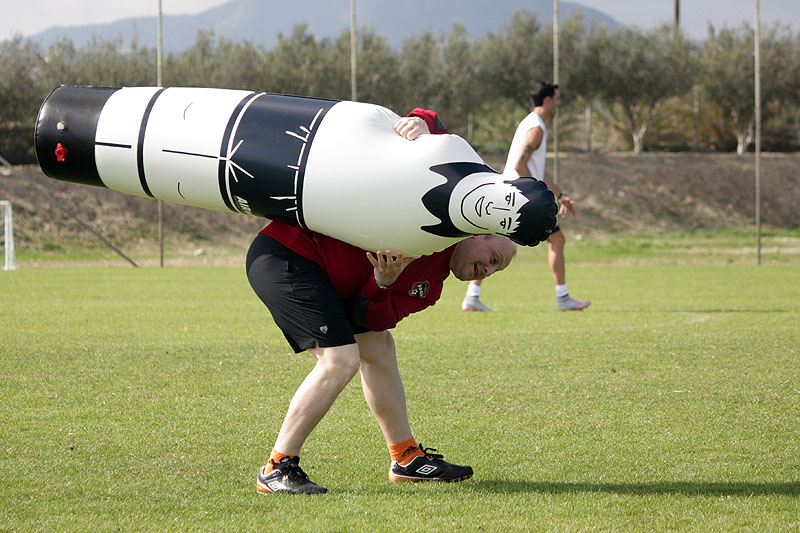
Then the USSR collapsed, strange times came, and I switched to mini-football, which in those years was beginning to develop. The mini-football club VIZ was later formed in Ekaterinburg, which was led by Grigory Ivanov, and in 1993 I was invited there. When a lot of players went from big-time football, they learned to play mini-football on small playgrounds. I was interested in it myself, I loved mini-football very much and now I love it.
Then came younger and more interesting players, and in 1996 I had to finish - I was almost 30 years old. I went to work as a massage therapist, although I continued to play football - not in the Russian championship, but for veterans. If you love football, this love always wins, and after a playing career you can choose another specialisation to help the team.
“When I finished with football, I started private practice. The earnings were good.”
Even during my playing career, I wanted to develop as a massage therapist. I specifically found courses of medical health massage in a physical culture dispensary in Ekaterinburg. I signed up there with a friend. You never know how life will turn out. At that time everything was falling apart, and massage therapy would be useful somehow. It could provide opportunities for yourself. The course did not last long - about three months - and then I went to medical college, because to work as a massage therapist, you had to have a medical education.
During the course, we studied conventional medical massage. For example, its use in treating diseases of the musculoskeletal system, injuries and recovery. I had already started doing sports massage in the process of work. During my studies, I even got an internship in the hospital. I did restorative massages in the Department of Traumatology. I also worked as a nurse and visited various departments such as neurosurgery, therapy, and urology. We need to confirm our medical certificate every five years, and right now I'm studying remotely.
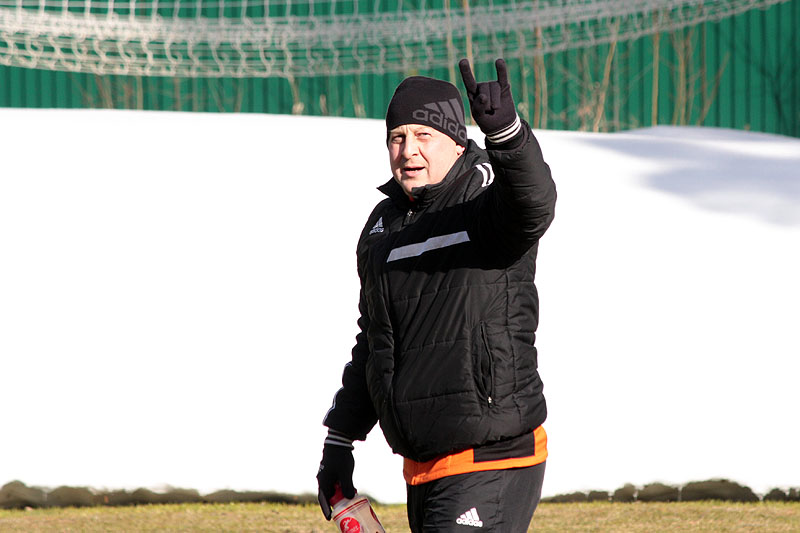
I started private practice back in 1991, when I finished playing 11-a-side football. I came to some companies, agreed on a set of clients, found a room, equipped it and did massages. The earnings were good, I could live normally. Now I don't remember how much one client could pay - everything got mixed up with the monetary reform. If five or six people were massaged during the day, either from morning to lunch, or from lunch to evening, this was enough.
“You need your own approach with an ordinary patient, but you always know what to do with a football player”
Grigory Ivanov invited me to Ural in 2008. I worked for almost four years in the Sverdlovsk Region Federation of Football, which ran mini-football competitions. We had a lot of teams from children to adults. Grigory Viktorovich and I met at a mini-football game, and he offered me to work as a masseur in Ural.
Alexander Pobegalov was the head coach at that time. There was a break between the first and second halves of the season in the First Division, and I started working with the training camp in Kislovodsk. I adapted very quickly as there were no barriers. I was just a little doubtful if I would be able to do a massage after five years without working, but my hands remembered everything. I already knew another masseur, Yuri Zubritsky, from mini-football. He had worked with another team, but overall we have been working together for the last 12 years. We have our own areas of activity, but we can always replace each other if necessary. However, I will not disclose the subtleties. In each team there are nuances that do not need to be told.
There is a difference between working with patients in a hospital and football players. An individual approach is needed with an ordinary patient; depending on their condition, you need to choose a type of massage. Doctors can also advise about the issue and give their recommendation. Players have almost everything the same such as the structure of their legs or their muscles - unless they are injured - and you know what to do.
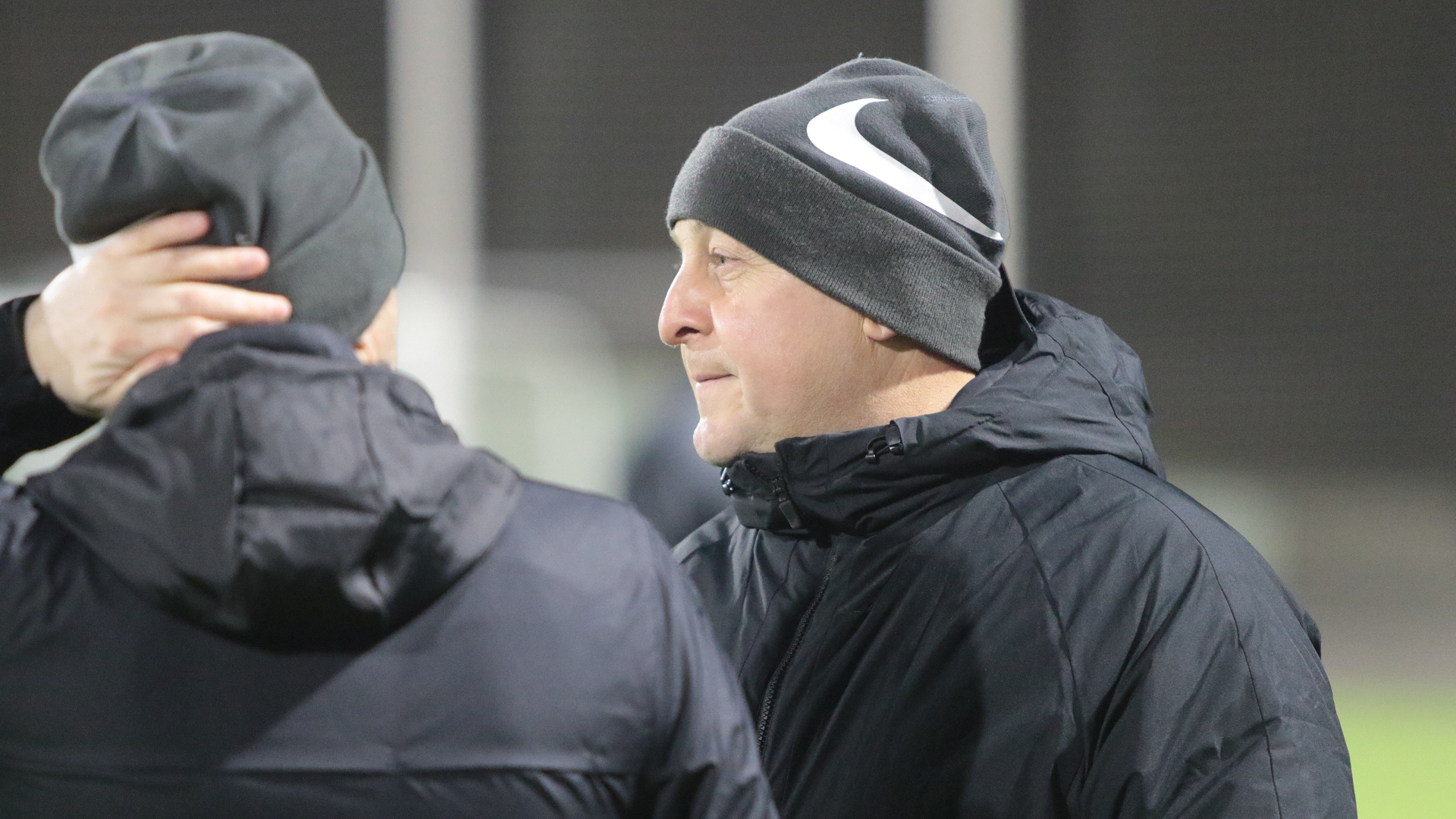
Over the last 12 years the conditions in our work have changed only for the better. First of all, materially, and I'm not talking about finances, but about equipment and massage tables. All are now of very good quality. Previously there were ordinary couches, like in hospitals, that couldn't be lifted, moved, or adjusted to fit a person. We also now have collapsible massage tables which you can take with you on trips or to training camps.
We used to have to do massages on regular tables in the hotel, and on some trips in the visitors’ changing rooms there was only one table. After all, the table is needed not only for the masseur to prepare the player, but also for the physio to examine. Somehow they shared it with each other and made the most of the situation by sitting and standing warmed up. Now people have become more fastidious, but it shows that they care about their health and want to go out onto the pitch healthy and leave it the same way.
Secondly, there are more ointments. Each player has a different sensitivity to ointments. For example, if you take warming ones, some like more burning ones, others prefer softer ones. If we talk about therapeutic massages, some like some oils, while others prefer a restorative cream. You can choose, and this is very good.
“Kulakov and Egorychev like massages, they always come after games and training”
Because of the pandemic, at the beginning of the working day we conduct thermometry for each player, then an external examination and a survey on their health and complaints. If there are injured players, we talk to them separately and assign a training plan coordinated with the coaches in terms of what load to give the player and what exercises they can or cannot participate in. Massage therapists must follow the doctor's prescription: if a patient comes, we massage the areas that need to be treated. If the players are healthy, before and after training, we book them in for a massage in turn, and everyone comes at a certain time.
Another of our direct responsibilities is to provide the players with water during the training process. We also throw balls and collect cones to quickly change the exercise. After training and matches, we prepare isotonics to restore the players' hydration, make tea, prepare 200-litre barrels of water and ice, and warm baths. Football players like the contrast of getting into both warm and cold water.
During the session, we stand off the pitch so as not to interfere with the training process, and from there we monitor the players. If someone is injured, we are called. When a player is injured, you must first examine the damage and understand how it was received. For example, if a player has a laceration it must be treated so that there is no blood, either wrapped up or quickly sewn up in the office. The player stays if he can continue training; if not, he changes or leaves. When it is necessary to provide assistance in the room, the team doctor must leave with the player, and another doctor must remain by the pitch. Then the doctor conducts an examination and prescribes further treatment – for example, to take for x-ray, MRI or ultrasound, and this still needs to be negotiated directly with the hospital.
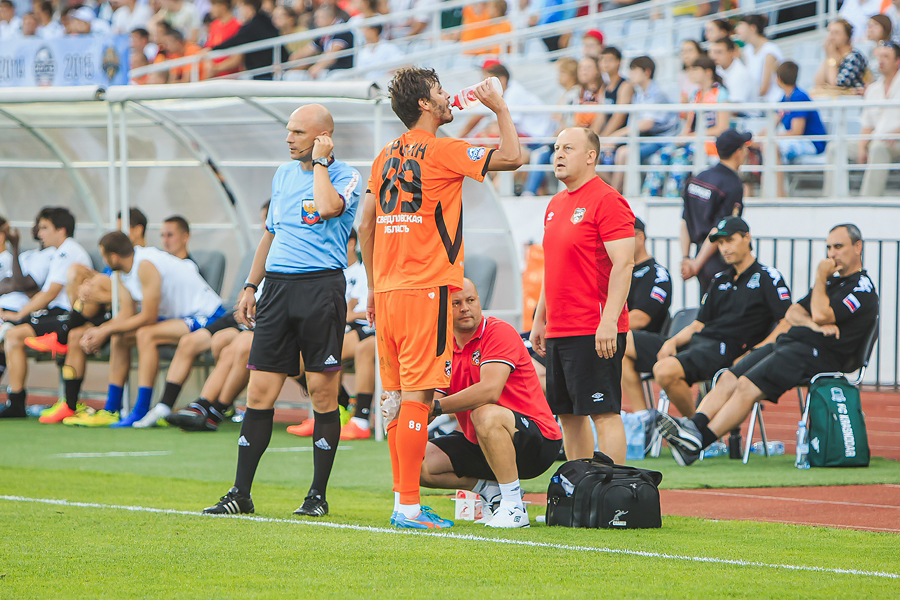
After training, players come to us for a restorative massage. Someone can do 40 minutes, others only need 15 minutes; it all depends on the area of work and how much needs to be done. Usually you need to do the back and legs, which takes about 40-45 minutes. Some come more often than others, but there aren’t very annoying ones: for example, Denis Kulakov and Andrey Egorychev like massages, and always come after games and training. In general, all 25 players and coaches more or less regularly come in when there is a problem with fatigue, muscle pain, or some other discomfort.
If we still have energy after work, we go to the gym to relieve tension. We always conduct operational meetings; we can't work without it. We develop a further plan, discuss sick players, who should do what next, and how to proceed. The length of the working day varies. For example, if there are two training sessions scheduled for the day, we can arrive at ten o'clock in the morning and finish at eight o'clock in the evening. We usually arrive about an hour before training, and then we can stay for an hour and a half. At training camps, you can work around the clock.
“We need to do everything automatically to help the player and calm him down”
The main preparatory work for matches takes place a day or two before the game, and the game day itself is calm. The players are resting and preparing, while no one is pulling anyone. Only the injured can approach us and ask us to do something before the game. The rest of the guys accumulate energy, which they then expend on the game. Although us medical staff can’t do anything on the pitch, we still worry even more than the players. To be honest, emotions sometimes strongly overlap.
When we run out onto the pitch to help, we need to do everything quickly and automatically to help and calm the player down, and also to tell the coaches whether to prepare a substitution. A doctor has a very big responsibility. Sometimes the referee exacerbates the tension and says “Let's go faster, go and take the player away”. You say to him: "Wait, we will help the player now; he will continue to play, or we will make a substitution." It happens that a player is seriously injured, and the referee does not punish the player who caused it. A player can have his boot torn, not to mention his socks or shin pads broken, and the referee will say that either nothing happened, or it's none of our business.
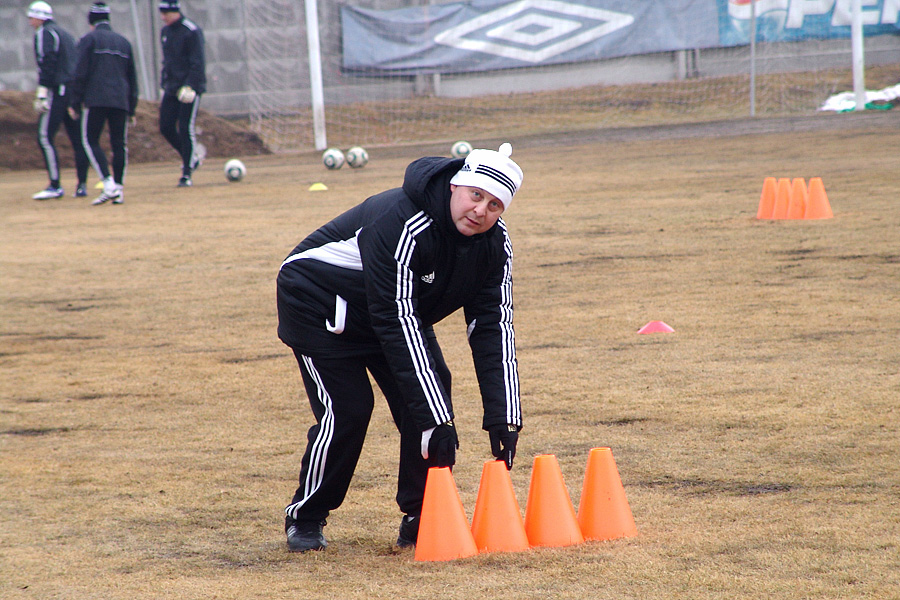
After the match, some of the players immediately come for a lymphatic drainage massage to restore lymph flow, while others use special pants or a barrel with cold water. In terms of time, we are still in the medical room for about an hour after the game, but if there is no special damage we finish the work faster. In the heat of the moment an injury is not always possible to identify, and to a greater extent on the day after the game, when the player has calmed down overnight and the body has recovered. Even during the game itself some do not feel or notice any bruises, and the next day they say that it hurts somewhere. You look and can find a hematoma, an abrasion, or a bruise.
In the summer, when the team played two games a week, we were still able to cope, but the players just couldn't drag their feet. It is clear that we were all let down by the pandemic as the season should be turned around quickly, but it was very difficult. The players have not only physical but also psychological stress. An example is the game with Khimki in the Russian Cup. I will not say that we were weaker than Khimki, but we were in such conditions that we were left without strength. As a result, we did not keep up with them and lost on all counts only because of the fact that there was such a difficult playing schedule.
In this situation we used everything we could, but there is a limit once a person is still exhausted. Even the players can't be cheered up and they don't know what to do. The most important thing is to come, sleep, eat, train and play. We didn't even have any training sessions; only recovery ones. Emotions begin to fade after three or four games, and you start running on autopilot. You look into the eyes of the players and they are already extinguished. They went out onto the pitch just because they had to work. All teams were almost in such conditions in the RPL, especially those closed for quarantine. This is a great distress.
“Sometimes a football player is nervous, and you calm him down or cheer him up”
A football player can do without a massage. Now there are so many recovery methods such as hyperbaric chambers and pneumothermomassage, although I consider manual massage to be the most effective. With your hands, you feel more where the problem zone is, and you start to influence it more. Somewhere you make more or less effort with your hands, and the mechanism works in the same mode. Even during the massage, you can chat about life, ask different things, and share your opinion. People are not just lying on the table, but also talking.
Sometimes a player doesn't play well and he gets nervous. You can talk to them, calm them down or cheer them up, but to a large extent we also talk about remote topics away from football. After all, our guys are different and interesting, especially now there are a lot of newcomers in the team. For example, foreigners are bright personalities and good people. Last season there were three Poles who were very funny guys, now we have two Balkan players - Danijel Miskic and Branko Jovicic - and they speak Russian well. We have always had them in the team.
Gerson Acevedo left Ural four years ago, but he was a bright personality. As a Latin American, he was a clockwork player, but I must give him credit for learning Russian quickly and speaking well. It seems to me that if you contact him now, he has not forgotten the language. Football players are different, but his lifestyle was fun - restaurants, noise, and more noise. I have already learned about this from other people - of course he did not tell me about it - but as a football player he was very talented.
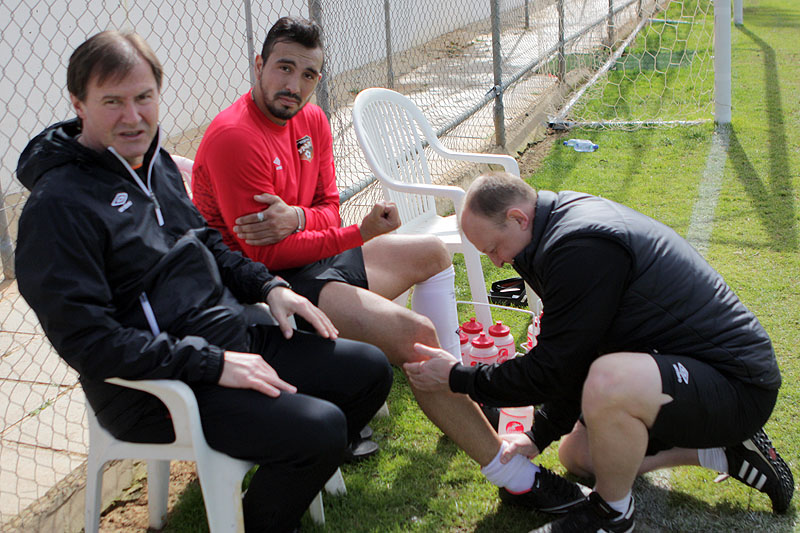
So at Ural a lot of good players have been bundled together. Even Pasha Pogrebnyak is now back, and in September he came to the game against Khimki without us knowing. After the match, the medical staff were sitting in the office - it is located separately from the dressing room - and suddenly they heard some kind of joyful cry from the guys. We thought that somehow we had celebrated the victory, and then Pasha came to our office, and we were also happy. Our doctor even took a picture of us.
Pasha is actually a real stand-up guy. He came to us in 2018 after a ruptured achilles. He followed all the recommendations that were assigned to him, starting with medical and ending with coaching. Our rehabilitation specialist worked with him a lot. Pasha was recovering for almost six months, everything was bolted on after Tosno, but he came back, played and scored. In the Russian Cup he stood up and was counted when we won in Novorossiysk 2-0, and in the RPL he has scored many important goals. When he has been picked, he always benefited the team. Pasha is both a decent person and a football player.
“Shatov had no quirks, and Pavlyuchenko did not cut any corners”
I remember Oleg Shatov from mini-football; even then he already stood out. He had an unconventional mindset with minimal distractions with which he solved all game situations correctly, like an experienced, mature football player. In general, Oleg is a player with a bright football head. At the age of 16, he was already in the Ural first team playing in the second tier. I think the transition from mini-football was easy for him. If a person is talented, and Shatov was like that, it will work both in mini-football and in the 11-a-side version. Although he played for the national team, I agree that in recent years injuries have knocked him down.
It was easy for me to work with him. Shatov is our guy - Ural-born, from Nizhny Tagil - with no special quirks. He did everything as usual: he trained and always came for a massage both before and after games. He recently turned 30 years old, and he still plays at a good level. To perform like this for 14 years in a row is a lot, it's a big deal.
Another example is Roma Pavlyuchenko. He came to us in the summer of 2016 when we were training in Slovenia. Roma spent all the training camps in a very disciplined manner without cutting any corners. He performed all tasks that were given to him, gave it his all. During the season was ready for 100 percent, he scored and helped us out. I think he had a fruitful time with us after helping the team and believing in himself. It was obvious that this was an experienced man. He wanted to play and seems to still want to, even on a different level. At the age of 36, playing even one half in the RPL is already too heavy, but it's still a big load. Moreover, it is also difficult to live away from the family on constant flights.
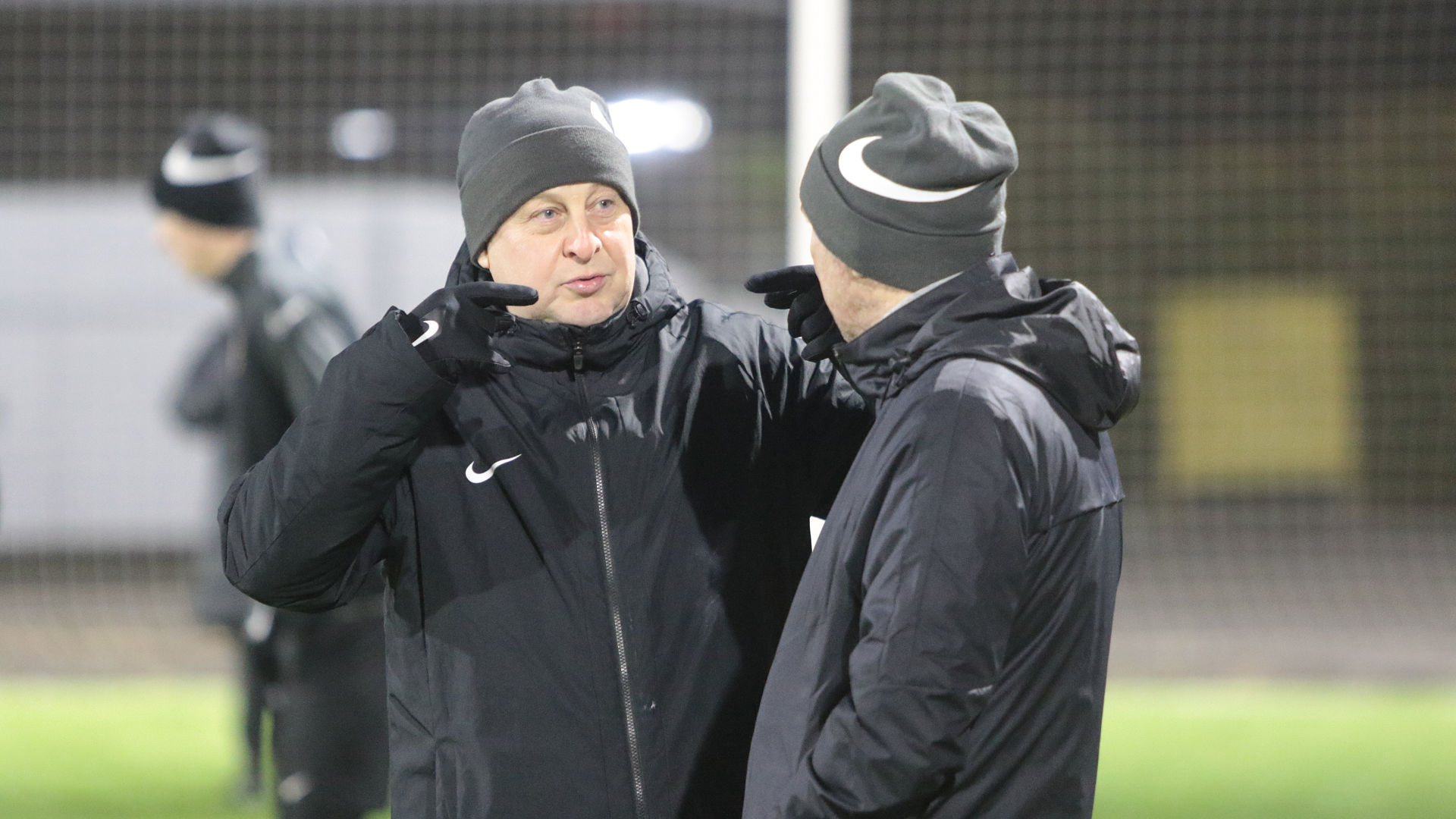
For me, the most memorable events at Ural have been promotion to the RPL, and my first participation in the Russian Cup final when we played Lokomotiv in Sochi. Of course, we want to become champions, finally win the national cup and get into Europe. I've been to the Champions League and Europa League finals myself as a spectator; in 2013 at Wembley, when Borussia Dortmund and Bayern Munich played, and in 2019 in Baku, where Chelsea met with Arsenal. Now I want to be a participant. I would like to work with different good players, help them in some way, and even learn from them. Football players like to make jokes and laugh, but they can also tell you the right thing, especially if they are experienced players.
Purely visually, I follow the work of colleagues from Europe, but there are no big features in the work of a masseur. Unless there is some new equipment to improve and facilitate the work so that the water bottles are easier to carry. They come up with new ointments, but now there are problems with sanctions. Some disappear, because they can't be delivered here.
So many types of massage have already been invented that it remains to come up with some kind of mechanical help. I learn other techniques and methods in the course of my work. For example, I have now started to get acquainted with the cupping method, which athletes also use for recovery and treatment. We even purchased special jars in China. Football players have already tried this method; some even come specifically to put them on. It does not give any advantages as it is a simple medical procedure. If there is a desire, we will master other methods: the main thing is that all this will help."
Photo: Ural Ekaterinburg



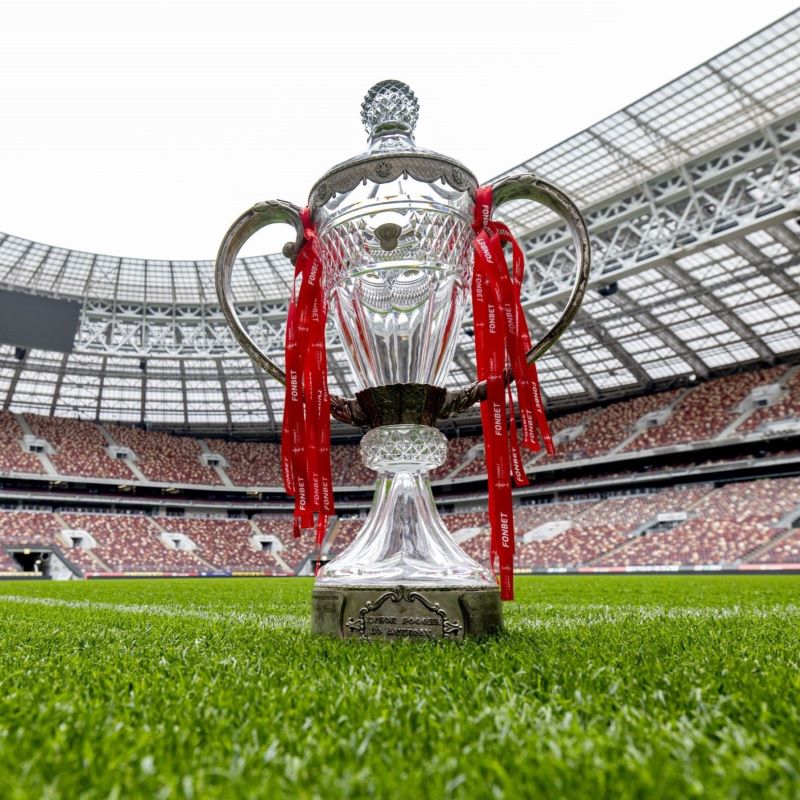
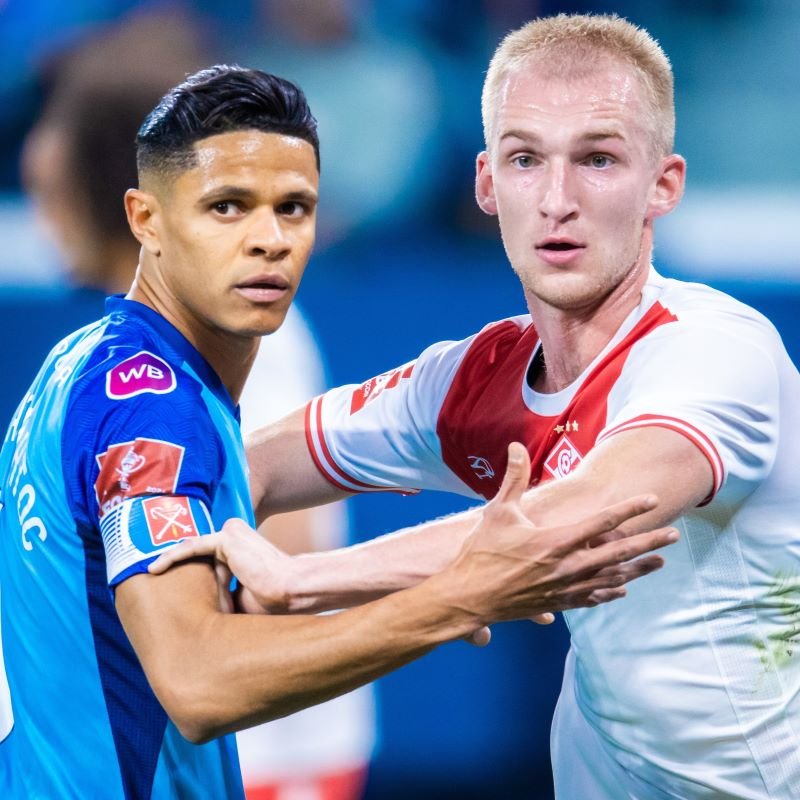
Обратная связь
Вы можете обратиться в РФПЛ с интересующим Вас вопросом или оставить сообщение (пожелание, замечание). Также вы можете сообщить имеющиеся у вас сведения о "договорных" матчах.